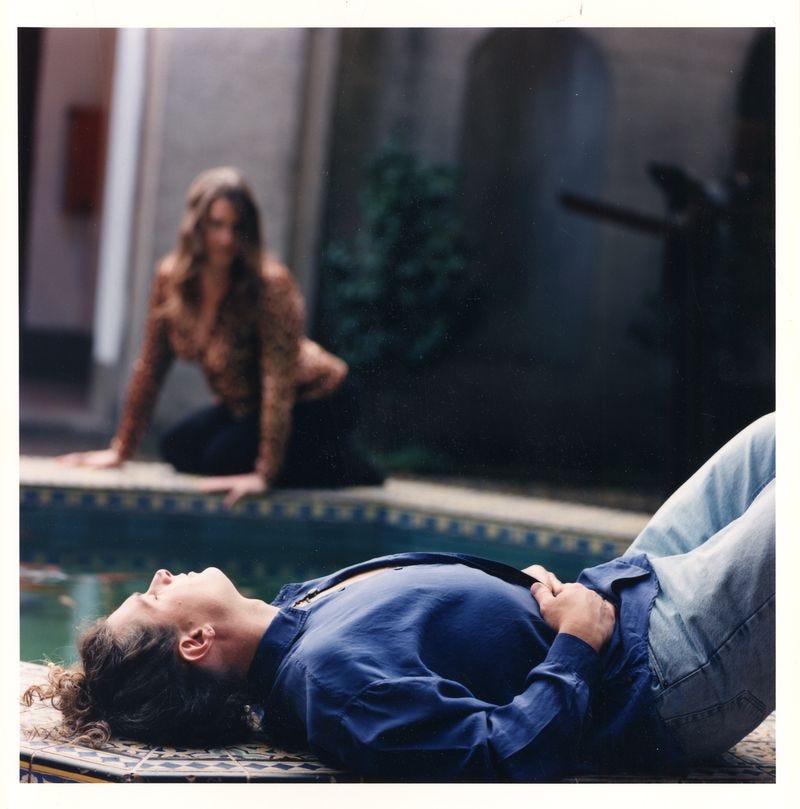Hasbian Pride, Worn-Out Sluts, and Bisexuality
Dear Susie,
I want to interview you about your bisexuality.
In your memoir, you mentioned a little girl in day care upon whom you had a crush. Your romantic fantasy was that she was Rose Red and you were Snow White. You were already queering fairy tales. What do you make of that?
SB: Snow White and Rose Red seem like an iconic coupling: twins, lovers, best friends, frenemies. Jungian soul mates. I always got the feeling Snow was the virgin and Rose was the wise whore.



